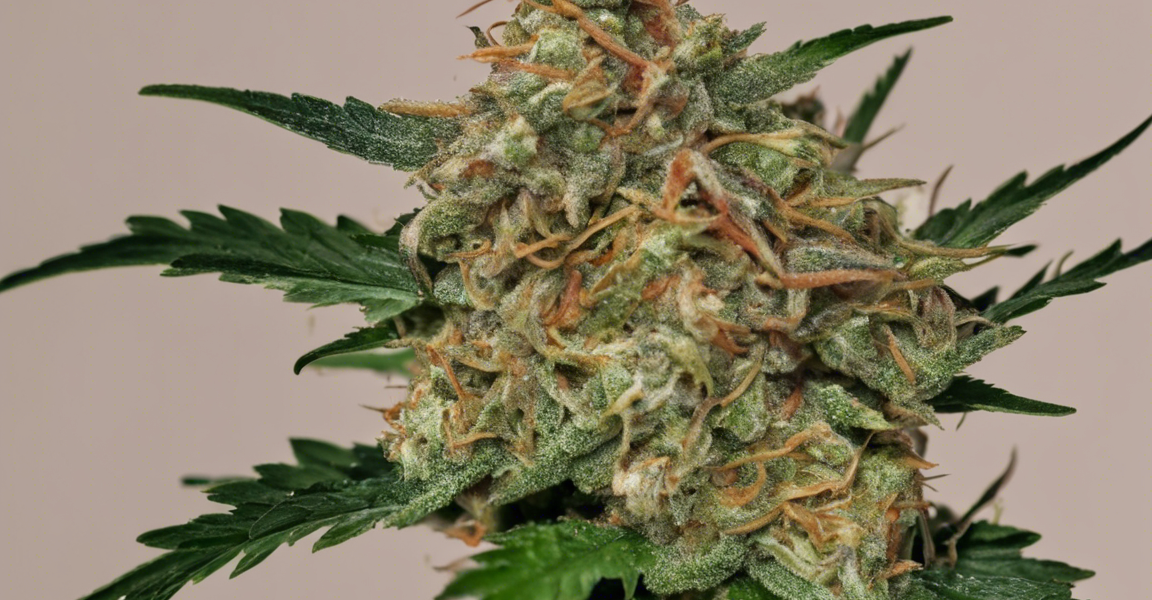Hidden in the dense undergrowth of the Southern United States lies a mysterious plant that has long fascinated botanists and herbal enthusiasts alike – Gumbo Weed. Known scientifically as Vernonia amygdalina, this intriguing herbaceous perennial is an integral part of traditional Southern folk medicine and cuisine. Despite its regional popularity, Gumbo Weed remains largely unknown to the rest of the world. In this comprehensive guide, we will delve into the various aspects of this enigmatic plant – from its botanical characteristics and medicinal properties to its culinary uses and potential benefits.
Botanical Overview
Gumbo Weed is a member of the Asteraceae family, commonly referred to as the aster, daisy, or sunflower family. It is characterized by its striking purple flowers and elongated leaves that give off a distinct aroma when crushed. This plant typically grows in damp, marshy areas, such as swamps and wetlands, thriving in the humid climate of the South. In terms of size, Gumbo Weed can reach heights of up to 6 feet, with multiple stems branching out from the base.
Medicinal Properties
In traditional Southern folk medicine, Gumbo Weed has been revered for its potent medicinal properties. The plant is believed to possess anti-inflammatory, antioxidant, and immune-boosting effects, making it a valuable herbal remedy for a variety of ailments. Gumbo Weed is often used to alleviate symptoms of respiratory conditions, such as asthma and bronchitis, due to its expectorant and bronchodilator properties. Additionally, the plant is said to aid in digestion, reduce fever, and promote overall well-being.
Culinary Uses
Beyond its medicinal benefits, Gumbo Weed also holds a special place in Southern cuisine. The leaves of the plant are commonly used in dishes such as gumbo, a traditional Creole stew, where they lend a unique flavor profile to the dish. The leaves are often sautéed or stewed to release their aromatic compounds, which add depth and complexity to the dish. Gumbo Weed can also be dried and ground into a powder, which can be used as a seasoning for meats, soups, and stews.
Potential Benefits
While scientific research on Gumbo Weed is limited, preliminary studies have shown promising results regarding its potential health benefits. The plant contains a variety of bioactive compounds, including flavonoids and alkaloids, which are thought to contribute to its medicinal properties. Research suggests that Gumbo Weed may have anti-cancer properties, as well as the ability to regulate blood sugar levels and improve liver function. Further studies are needed to fully elucidate the therapeutic potential of this fascinating plant.
How to Harvest and Store Gumbo Weed
If you are interested in exploring the world of Gumbo Weed, it is essential to know how to properly harvest and store the plant. When harvesting Gumbo Weed, it is crucial to do so in a sustainable manner, ensuring that the plant population is not depleted. Select mature plants with healthy leaves, using sharp scissors or pruning shears to cut the stems just above the ground level. To store Gumbo Weed, wash the leaves thoroughly and pat them dry before storing them in an airtight container in the refrigerator. The leaves can also be dried and stored in a cool, dark place for future use.
Frequently Asked Questions (FAQs)
- Is Gumbo Weed safe for consumption?
-
Gumbo Weed is generally considered safe when consumed in moderate amounts. However, individuals with allergies to plants in the Asteraceae family should exercise caution.
-
Can I grow Gumbo Weed in my garden?
-
Gumbo Weed can be grown in home gardens, provided that they are located in a moist, well-drained area with ample sunlight. The plant is relatively low-maintenance and can thrive in various soil types.
-
Are there any side effects associated with Gumbo Weed?
-
While side effects are rare, consuming large quantities of Gumbo Weed may lead to gastric discomfort or allergic reactions in some individuals. It is advisable to consult with a healthcare provider before using Gumbo Weed medicinally.
-
How can I incorporate Gumbo Weed into my cooking?
-
Gumbo Weed leaves can be used in a variety of dishes, including soups, stews, and sautées. The leaves have a slightly bitter flavor that complements savory dishes well.
-
Where can I purchase Gumbo Weed products?
- Gumbo Weed products, such as dried leaves or powders, can often be found in specialty herb stores or online retailers. It is essential to source Gumbo Weed from reputable suppliers to ensure quality and authenticity.
In conclusion, Gumbo Weed remains a captivating plant with a rich history and a plethora of potential benefits. Whether used in traditional medicine or culinary applications, this enigmatic herb offers a glimpse into the diverse botanical landscape of the South. As interest in herbal remedies and alternative medicine continues to grow, Gumbo Weed stands out as a unique and intriguing plant worth exploring further.

